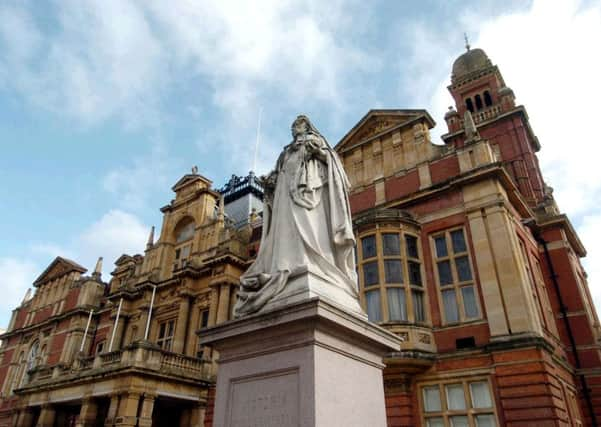Review: Leamington Chamber Orchestra give Shakespeare a Russian accent


This was ‘Leamington Chamber Orchestra and a bit’ according to conductor Richard Laing, ‘with an enlarged orchestra, an opportunity to explore some his favourites and to pay tribute to the Bard in this celebration year’. Something of a surprise, then, an all-Russian programme emerged featuring three of the country’s great composers – Borodin, Tchaikovsky and Prokofiev. But, of course, both Tchaikovsky and Prokofiev composed pieces uses texts from Shakespeare.
Frustrated by delays in his ballet, Romeo and Juliet, being performed at the Bolshoi Theatre in Moscow, Prokofiev assembled two suites for concert use. The second of these is the most frequently performed, first performed in Leningrad in in 193, a year before the much changed ballet was premièred. The ever dependable wind section enjoyed itself, no one more than Andrew Middup confidently playing the bass clarinet, most significantly in the final moving long chords with colleague piccolo player, Sarah Naylor.
Advertisement
Hide AdAdvertisement
Hide AdPopular cello desk leader, David Whitaker claimed the afternoon solo opportunity with Tchaikovsky’s Variations on a Rococo Theme, eight variations following the elegant opening theme. The high register playing demands makes this a very tough assignment; Whitaker grew in confidence throughout, particularly when the elegant theme was repeated.
Crisp clarinet and bassoon entries and expressive harp playing are required in Tchaikovsky’s Romeo and Juliet Fantasy Overture. With the welcome return of Lesley Watts to support Eleanor Robson, the string sections, too, were in commanding form supported by viola desks picking up the opening themes. Add to this, Naylor’s piercing piccolo playing and the elements were in place for a bright start to the afternoon.
To finish, Laing chose Borodin’s Polovtsian Dances from Prince Igor, full of evocative woodwind and explosions of energy demanded by the fortissimo entry of the full orchestra in the wild General Dance. A full house was pleased with Laing’s choices.